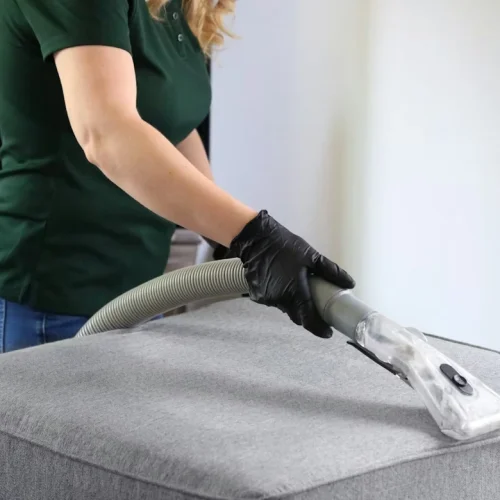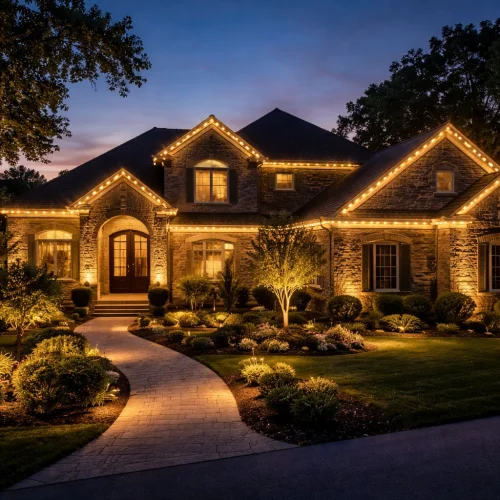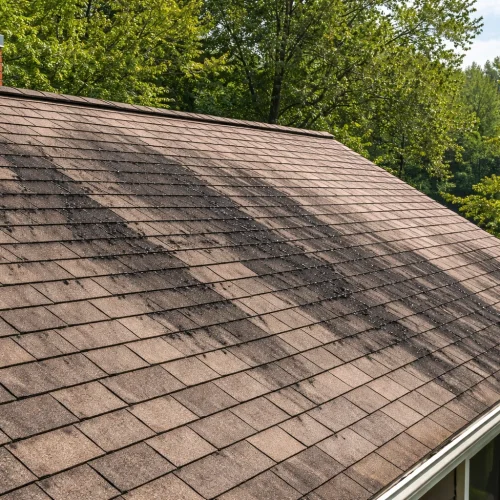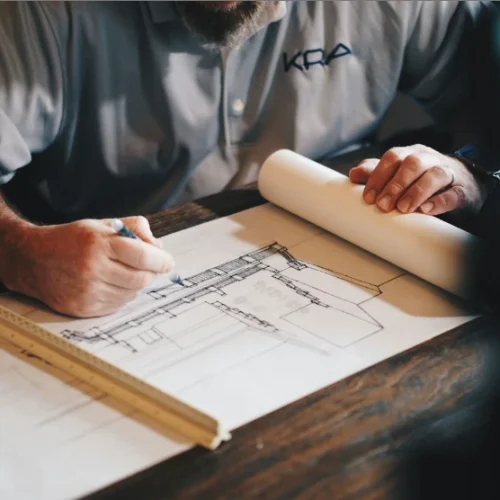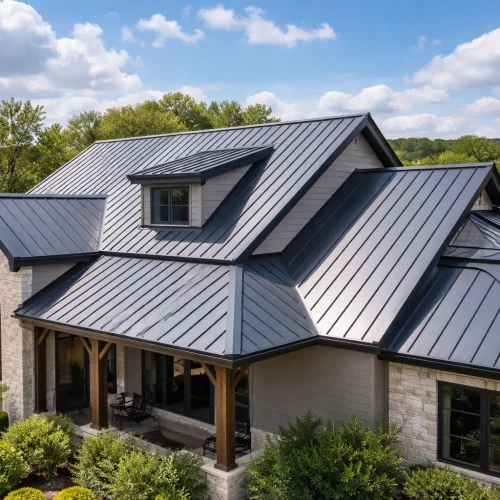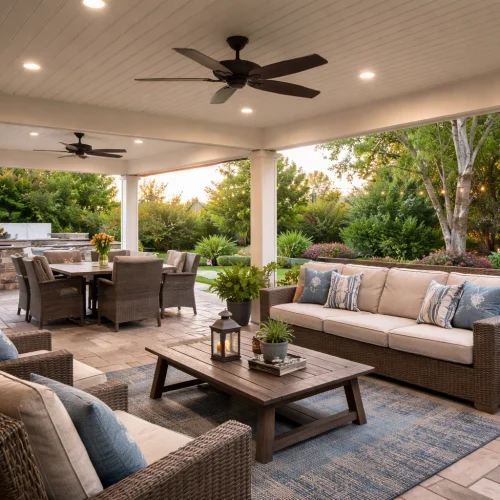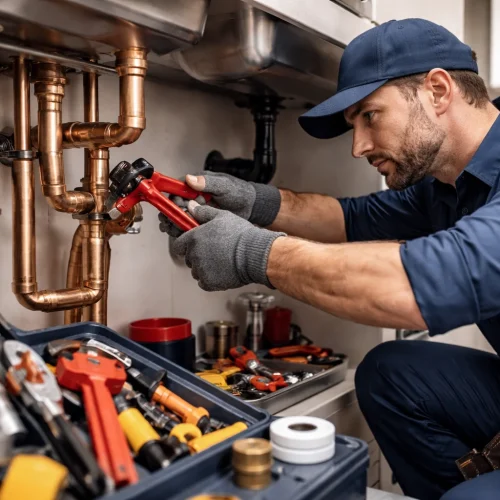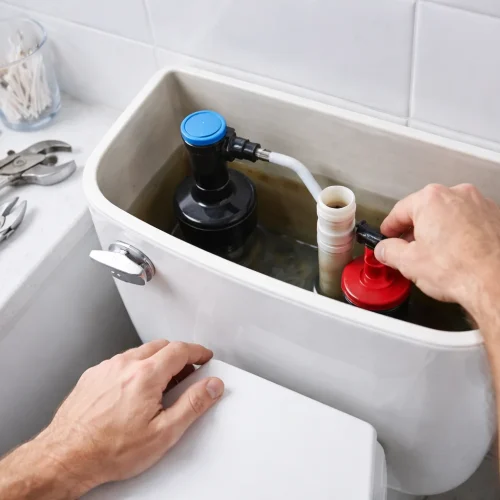The majority of homeowners believe that their heating and cooling system is something that ought to work whenever they feel like they require it. One can easily conclude that it is alright as long as the air is cold in summer and warm in winter. But the HVAC systems are complicated machines that operate for almost 7 days a year.
Disregarding tune-ups in the short run might appear to be harmless, but in the long-term perspective, it might prove to be quite costly. Having an HVAC maintenance checklist could save you time and money before searching for air conditioning repair in Concord, CA.
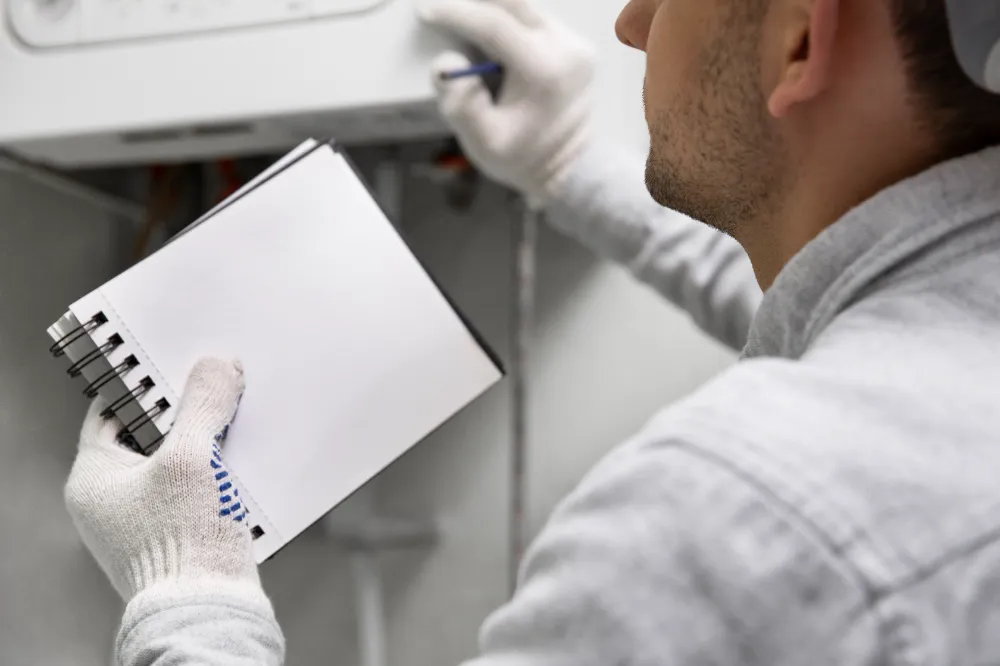
The Silent Wear-and-Tear That Builds Up All Year
The HVAC systems are subjected to an endless cycle of stress. Dust and moisture, temperature variations, and vibration are all toll-taking. A large part of the damage is slow and unnoticed, and therefore, the homeowners hardly realize when the damage is serious.
Although the system may appear to be performing well, internal parts can be wearing out to the extent of experiencing failure. Seasonal tune-ups identify such problems at an early stage before they have the opportunity to inflict much harm.
A Gradual Rise in Energy Bills That’s Easy to Miss
According to evaluations from professionals, 65% of systems were incorrectly installed and 31% were oversized. An inefficiently maintained HVAC consumes more energy to get the same amount of heating or cooling. Due to the gradual increase in energy prices, homeowners tend to attribute the increase to the weather and changes in the utility rates, and not the equipment.
The wasted energy price alone can, in the long run, be much higher than the price of a routine tune-up. Seasonal maintenance is a way to ensure the system works as efficiently as possible so that energy consumption remains constant and predictable.
Small Issues That Grow Into Expensive Repairs
The potential cost of minor low-price issues becoming expensive failures and HVAC safety risks is the largest threat of not having tune-ups. A blocked air filter may result in the freezing of the evaporator coil, resulting in water damage or compressor failure. Any slack electrical connection is capable of burning out a circuit board. The problem can begin with a small leak of refrigerant, but it can end up with a broken compressor, which is very costly to repair and can only be replaced.
Given the difference in cost:
- The tune-up can have a part that is starting to fail, which could be a $100 part.
- Otherwise, that component might cause the repair of a thousand and five hundred dollars.
In the middle of the year, when most homeowners want regular maintenance services provided by companies such as Chill Heating and Cooling, technicians would clearly see that inefficiencies have been depriving them of money for months.
Reduced Lifespan: How Neglect Shaves Years Off Your System
Overloading the system with dirty coils, limited airflow, old motors, overheated components, etc., compels the HVAC unit to do more work than it would have done otherwise. This further pressure increases the aging process. It is almost like operating an automobile without ever examining the engine: the longer you leave it to wear out, the briefer will be the life of the vehicle.
Annual maintenance checks also ease tensions on the system and reduce HVAC safety risks. In a period of ten years, this would save thousands of dollars in terms of postponing a complete system upgrade.
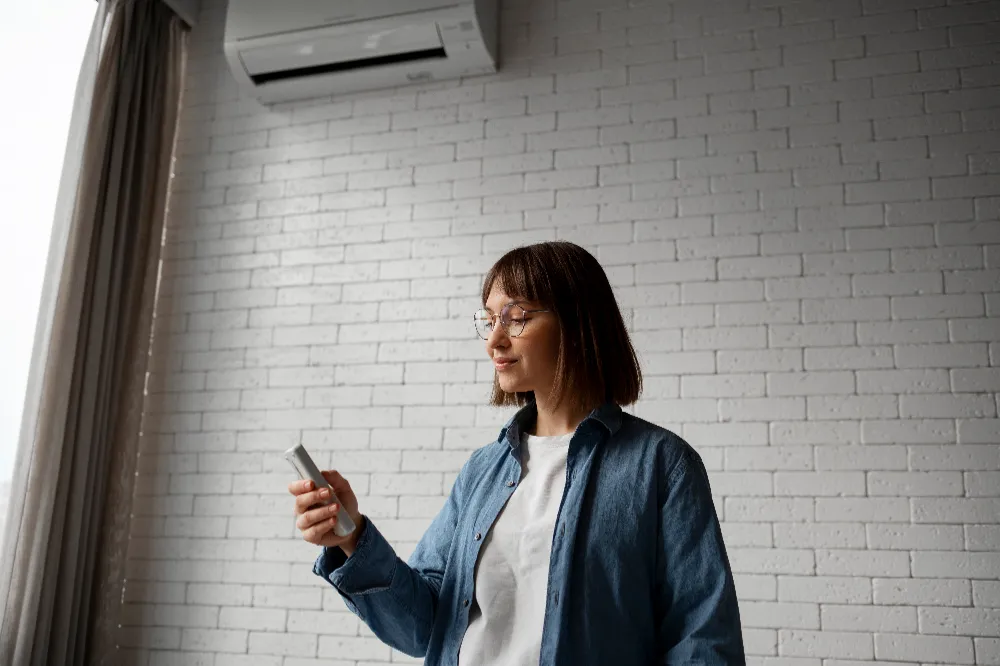
Comfort Declines Before the System Breaks
HVAC comfort issues are one of the least expected outcomes of the lack of HVAC tune-ups. The quality of heating and cooling deteriorates long before a system becomes nonfunctional. The air might not be as uniform, the temperatures may vary with the rooms, or the system might not be able to handle extreme heat or cold.
These comfort problems tend to arise gradually to the extent that the homeowners adapt without knowing their cause. On account of poor distribution of the cooling over the house, they may turn down the thermostat, not knowing they are using more power. Or they can even make the system last longer and make it even worn out.
Maintenance replenishes the best airflow, optimizes the workings of the systems, as well as makes sure that no section of the home is left out of the hot and cool. Not only are the energy bills lower, but the living conditions are more comfortable all year round.
Safety Risks That Often Go Unmentioned
HVAC systems not only control the temperature, but also the safety and the quality of the air in your house. The failure to have tune-ups may bring about dangers that are never an issue to most household owners.
For example:
- Carbon monoxide may be emitted by a broken heat exchanger.
- Defective electrical parts may be hazardous in terms of fire.
- Obstructed condensate lines may lead to leakage of water and mould.
- The dirty air handlers blow dust, allergens, and pollutants into the home.
As a standard of seasonal maintenance of the HVAC, an HVAC maintenance checklist is involved. Technicians check the gas leaks, heat exchangers, and electricity systems, and make sure the ventilation routes do not have obstructions.
Conclusion
It is not only financially and practically necessary, but also recommended that HVAC be serviced seasonally. Through early detection of wear and tear, avoiding breakdowns, efficiency and safety, the homeowners would have peace of mind and economic benefits in the long run. An investment of a small sum in tune-ups today prevents an expenditure of large proportions tomorrow.
FAQs
Seasonal tune-ups help catch issues early, improve efficiency, and prevent costly breakdowns.
Most experts recommend a tune-up twice a year—once for heating and once for cooling.
Skipping tune-ups leads to higher utility bills, reduced comfort, faster wear, and expensive repairs.
Yes. Dirty coils, clogged filters, and worn parts force the system to use more energy.
Refrigerant leaks, clogged filters, and loose electrical connections often escalate into costly failures.
Absolutely. Regular tune-ups reduce strain on the system, helping it last several years longer.
You may experience uneven temperatures, weaker airflow, and reduced overall cooling or heating.
Yes. Problems like carbon monoxide leaks, electrical hazards, and mold growth can arise.
You can replace filters and clear debris, but full tune-ups should be done by a certified technician.
If you notice unusual noises, rising energy bills, uneven temperatures, or reduced airflow, call a pro.


